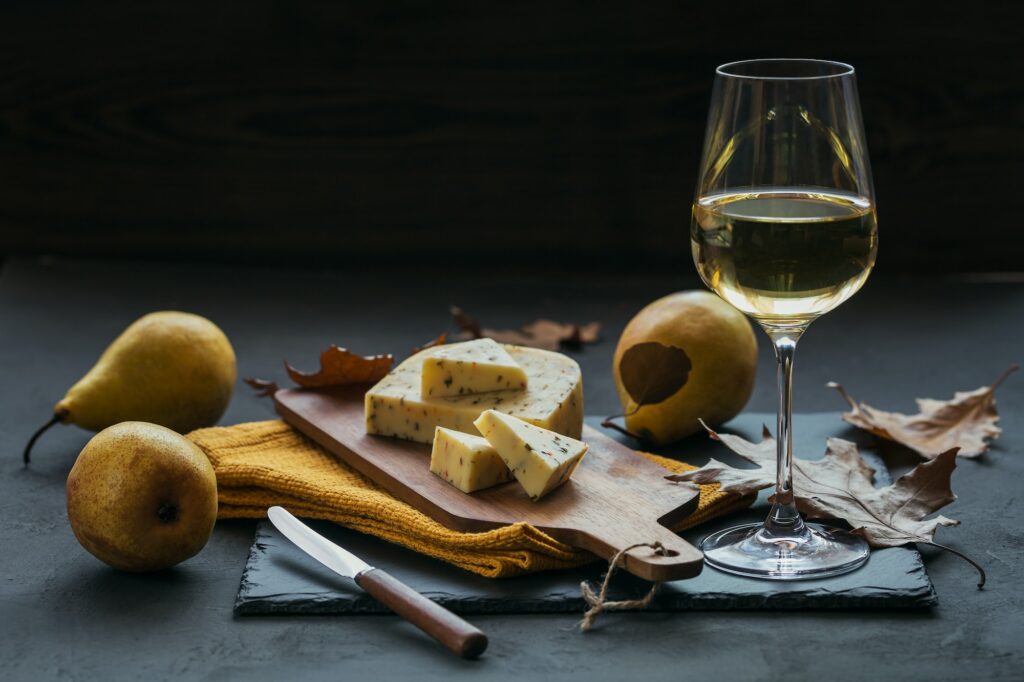France is one of the oldest and most esteemed wine-producing countries in the world. For centuries, French winemakers have perfected their craft, producing some of the world’s finest beverages. Recently though, natural wines are becoming more and more popular with young consumers. This article will examine both ancient practices as well as modern ones; explore their benefits and challenges associated with making natural wine in France.
History of Natural Wine in France
Ancient Wine-Making Practices
France boasts some of the oldest winemaking techniques in existence. As early as the 5th century, local winemakers were using natural methods to craft their wines – such as using wild yeasts to spontaneously ferment grapes. This practice was especially prevalent in Burgundy and Bordeaux regions where famous Chateau and grand cru wines were first created. In Loire Valley regions such as cabernet sauvignon, cabernet franc, and pinot noir became highly sought-after grape varieties.
Modern Wine-Making Practices
In recent years, traditional winemaking techniques have been supplemented by more natural methods. This involves using organic grapes, using lesser known varieties, and forgoing the use of sulphites or other additives. This has further safeguarded France’s quality and authenticity while producing unique terroir-driven wines which are becoming increasingly popular within the country.

A glass of white wine served with cheese in a cutting board on dark background
Natural Wine Offers Many Health Advantages
Health Benefits
Natural wine has many health advantages due to the absence of sulphites and other additives, making them lower in alcohol content and containing fewer toxins. This makes natural wine a healthier choice for those who wish to reduce their drinking, as well as those with allergies or intolerances.
Environmentally Friendly
Natural winemaking is more eco-friendly, as there are no chemicals used in production. This has enormous advantages for winemakers as their wines are free from pollutants and do not contribute to degrading the environment.
Natural Wine Becoming Popular in France
Rise in Demand
Natural wines have seen an unprecedented surge in France over recent years as more consumers search for wines that are healthier, sustainable, and authentic. This has spurred a boom in the natural wine market with more producers creating and selling wines that meet these criteria.
Popularity Among Young Consumers
Natural wines have gained in popularity among younger generations due to their unique taste, health benefits and price point compared to traditional wines. Therefore, young people are becoming increasingly drawn to these eco-friendly bottles that taste delicious but also contribute to social responsibility initiatives. With this in mind, natural wines are becoming increasingly appealing to affluent urbanites who value both deliciousness and ethical practices when selecting their wines.
Natural Wine Faces Unique Challenges
Abundance of Regulations
Natural wine has seen a meteoric rise in popularity, yet remains subject to numerous regulations. These can be complex and hard to comprehend, making it challenging for winemakers to produce natural wines that meet all necessary standards. This especially holds true in France where producers must follow certain laws in order to sell their wines legally.
Cost of Production
Natural wine producers face another hurdle: production costs. The natural winemaking process requires organic grapes and other high-quality ingredients, so this can be costly; thus, natural wines may have limited market appeal due to cost barriers.
Natural winemaking practices have a long and distinguished history in France, from ancient techniques to modern ones. While it offers numerous health benefits and is more environmentally-friendly than its conventional counterparts, production of this beverage can still be costly due to regulations and production costs that limit its potential. Nonetheless, natural wine continues to gain momentum as an affordable and healthy alternative.
If you are more interested in hceaper wine don’t panic ! It is possible to find good wine bottles under $20.
